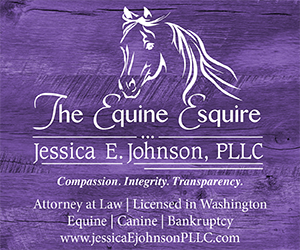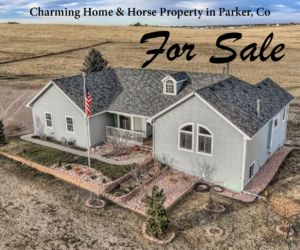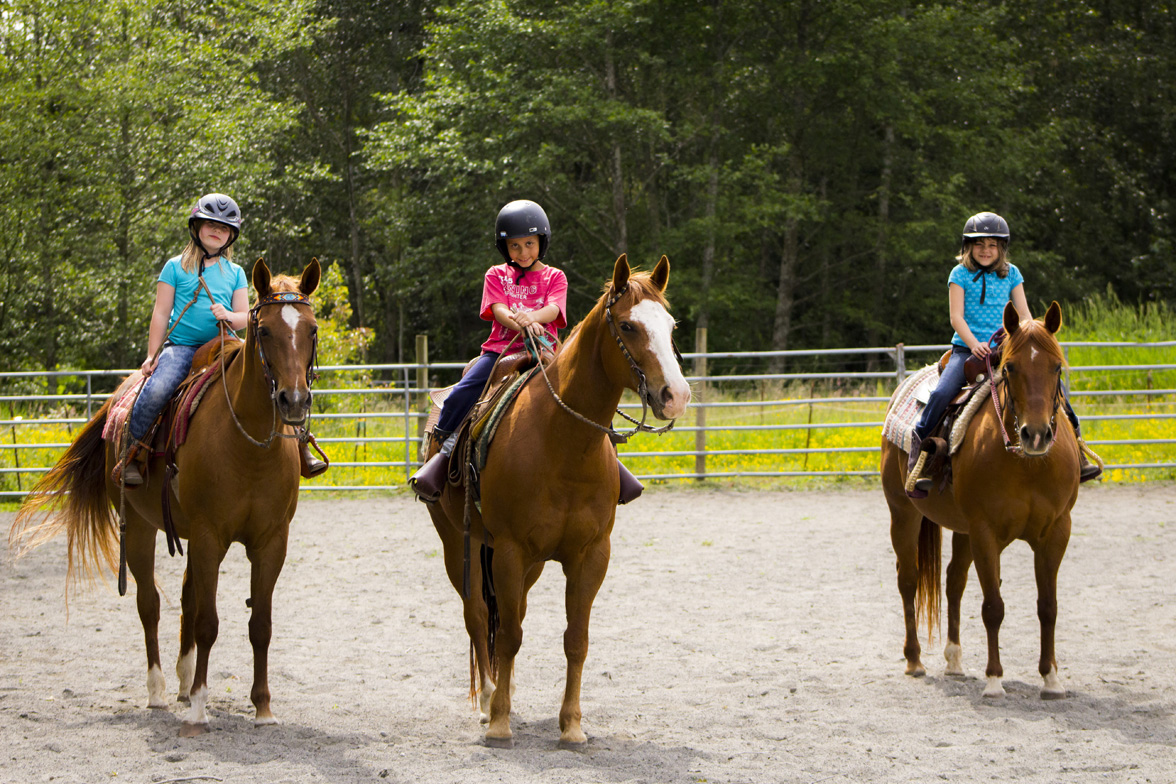Avoid an Accident by Gaining Knowledge
by Allison Trimble
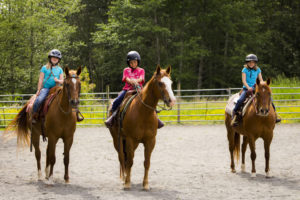
Saddened by the recent loss of a 12-year-old barrel racer and heading into the busy lesson and clinic season, safety has been heavy on my mind. Becoming a parent brought a heightened awareness for my children’s safety with horses, as well as my own. This brought a screeching halt to starting many colts, riding most outside horses, or climbing on client horses who were misbehaving. My ego struggles with being viewed as a coward, but my devotion to my family knows those situations are simply higher risk, and no longer a good life choice.
By nature, I have always been a risk minimizer. My chosen competitive field was out of character for me, due to the unpredictable nature of the combination of horses and cattle. I coached youth and adult clients safely through the training and competitive process with no injuries. I have helped numerous people overcome horse related fears. I believe this is due to my emphasis on understanding horse behavior and its correlation to safety.
It’s important to know the difference between confidence and bravery. Confidence comes from an understanding of the task and the ability to handle what is presented with a favorable outcome. Horses recognize and respond positively to confidence. It works with their underlying nature as a prey animal. Bravery is the idea that one will face whatever may happen, regardless of the outcome. Horses do not respond well to that. It ignites the predator-prey relationship, resulting in the fight/flight response in the horse. This is not to say that confidence and bravery cannot exist together, but confidence does not require bravery, and bravery alone is not enough to create a safe exchange.
Herein lies the rub: confidence comes from knowledge, and knowledge comes largely from experience.
Experience with horses can come at a high cost. When I work with a fearful client, I don’t discount the positive impact of fear. I am much more alarmed when a person has no healthy respect for the physical power of the horse.
I talk often with my clients about “red flag” moments. Every time I’ve been in a scary situation with a horse I realize later I should have foreseen it. Those types of experiences imbed the red flag warnings in horsemen. You never forget the feel of a horse before he blows, and the savvy horseman learns to observe the moments even before that. It is true that in every event where I was hurt, I was either distracted or it was too early in my career to see the particular red flag. Fortunately, in those years, I had youth on my side.
I want to address helmets. My own children and youth students always wear helmets. Many of my adult clients wear helmets. I encourage helmets for anyone on the fence about wearing one.
I don’t wear a helmet now but I have in years past, and it has prevented injury. What stuck with me more from my experiences when the helmet “saved” me was that I was in an unsafe situation to begin with. For me, a helmet is a distraction that increases the likelihood of misreading a situation by being more focused on the helmet than the horse. That is what is true for me, and a decision I make for myself.
I cringe when I come across people on a helmet rampage—not because I think people shouldn’t wear helmets but because it implies that helmets guarantee safety. I believe in a much higher standard of safety. A helmet is a piece of safety equipment that greatly decreases the likelihood of fatal injury. There are infinite other ways to be seriously injured with horses, and many of them occur unmounted.
I often hear people say an incident was a “freak accident.” But I have never heard of—or observed—any circumstance that I couldn’t have been foreseen as a possible disaster in the making, given the combination of the particular horse, human, and situation. Claiming it was unpredictable eliminates responsibility of the human in the event.
Horses are authentic and predictable if the human is armed with understanding and awareness. There is a saying, “A horse knows when you know, and he knows when you don’t know.” Your responsibility is to become a student of the horse and seek out the knowledge to make the relationship safe and successful for both human and horse.
Next month: Practical Experience to Enhance Safety
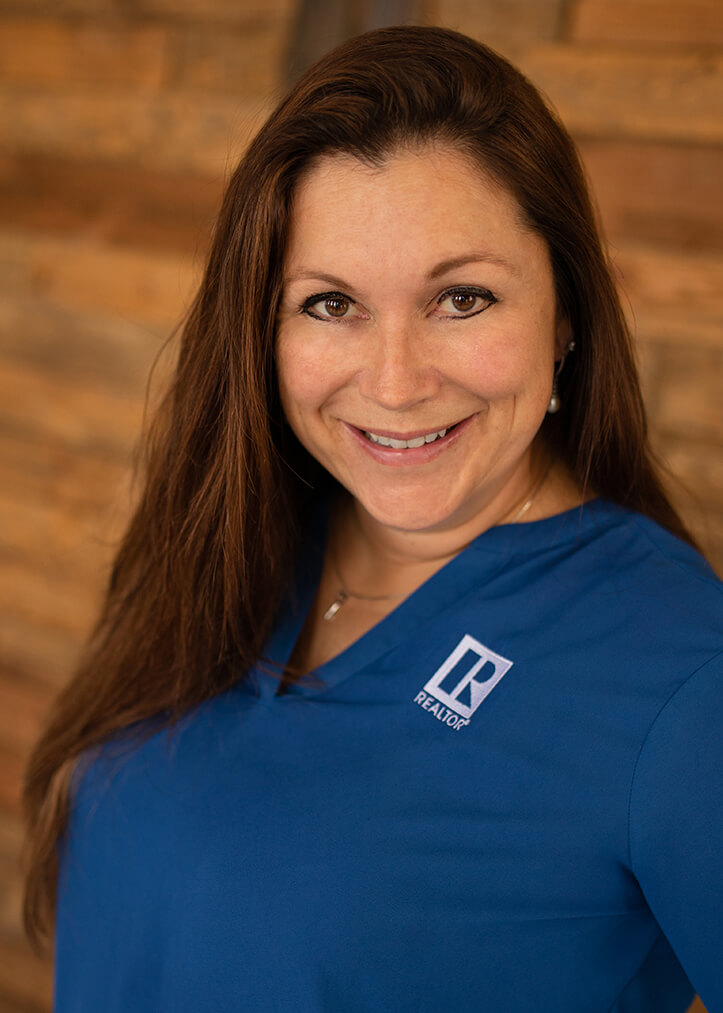
Allison Trimble is a Realtor® specializing in equestrian properties, farm and ranch properties, and residential real estate. She’s a former horse trainer, and a current owner, breeder, and non-pro competitor in cow horse and reining events. For many years, Allison wrote a monthly column for The Northwest Horse Source.
Learn more at www.allisonblakerealestate.com


